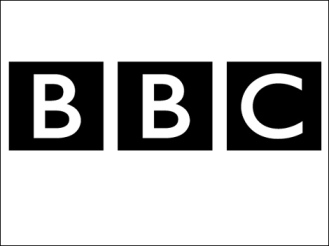President of the Bolivarian Republic of Venezuela, Hugo Chávez:
Mr. President, ladies and gentlemen, Excellencies, friends, I promise that I will not talk more than most have spoken this afternoon. Allow me an initial comment which I would have liked to make as part of the previous point which was expressed by the delegations of Brazil, China, India, and Bolivia. We were there asking to speak but it was not possible. Bolivia’s representative said, my salute of course to Comrade President Evo Morales, who is there, President of the Republic of Bolivia.
[Audience applause]
She said among other things the following, I noted it here, she said the text presented is not democratic, it is not inclusive.
I had hardly arrived and we were just sitting down when we heard the president of the previous session, the minister, saying that a document came about, but nobody knows, I’ve asked for the document, but we still don’t have it, I think nobody knows of that top secret document.
Now certainly, as the Bolivian comrade said, that is not democratic, it is not inclusive. Now, ladies and gentlemen, isn’t that just the reality of the world?
Are we in a democratic world? Is the global system inclusive? Can we hope for something democratic, inclusive from the current global system?
What we are experiencing on this planet is an imperial dictatorship, and from here we continue denouncing it. Down with imperial dictatorship! And long live the people and democracy and equality on this planet!
[Audience applause]
And what we see here is a reflection of this: Exclusion.
There is a group of countries that consider themselves superior to us in the South, to us in the Third World, to us, the underdeveloped countries, or as a great friend Eduardo Galeano says, we, the crushed countries, as if a train ran over us in history.
In light of this, it’s no surprise that there is no democracy in the world and here we are again faced with powerful evidence of global imperial dictatorship. Then two youths got up here, fortunately the enforcement officials were decent, some push around, and they collaborated right? There are many people outside, you know? Of course, they do not fit in this room, they are too many people. I’ve read in the news that there were some arrests, some intense protests, there in the streets of Copenhagen, and I salute all those people out there, most of them youth.
[Audience applause]
Of course young people are concerned, I think rightly much more than we are, for the future of the world. We have – most of us here – the sun on our backs, and they have to face the sun and are very worried.
One could say, Mr. President, that a spectre is haunting Copenhagen, to paraphrase Karl Marx, the great Karl Marx, a spectre is haunting the streets of Copenhagen, and I think that spectre walks silently through this room, walking around among us, through the halls, out below, it rises, this spectre is a terrible spectre almost nobody wants to mention it: Capitalism is the spectre, almost nobody wants to mention it. Continue reading →








